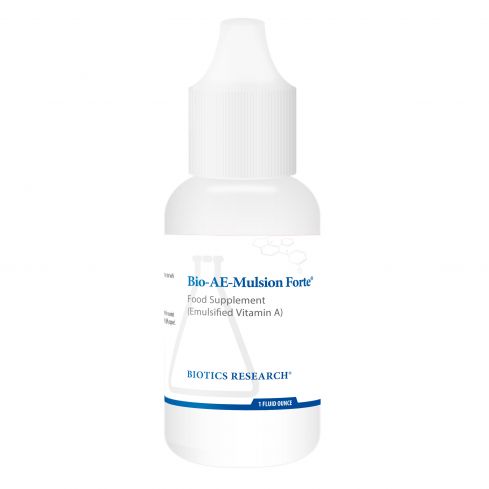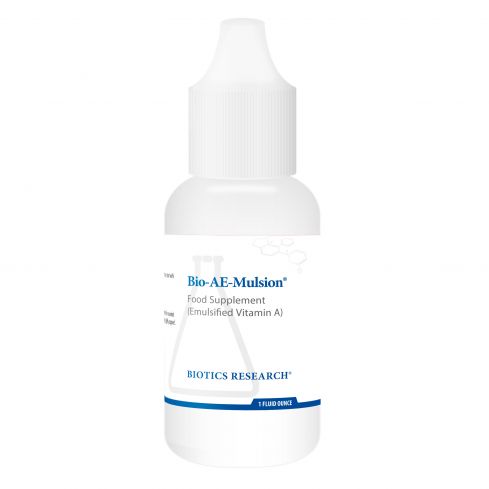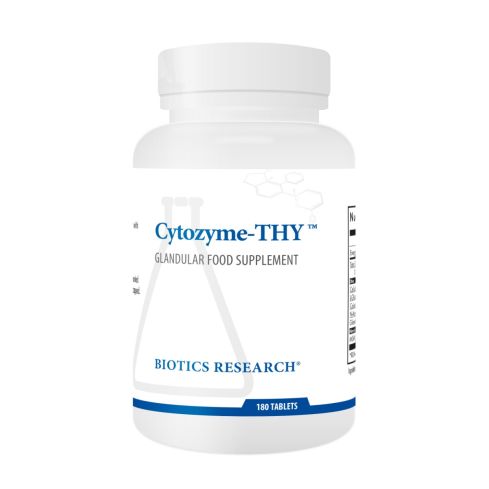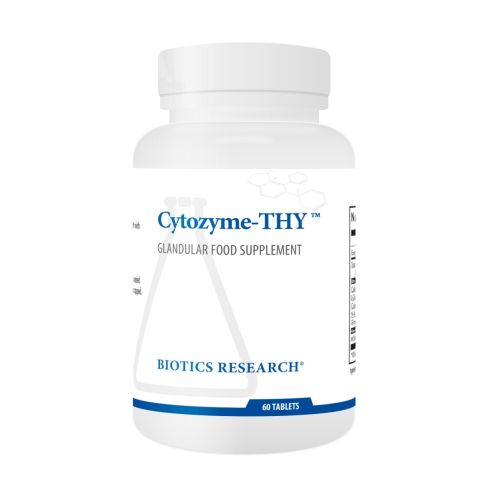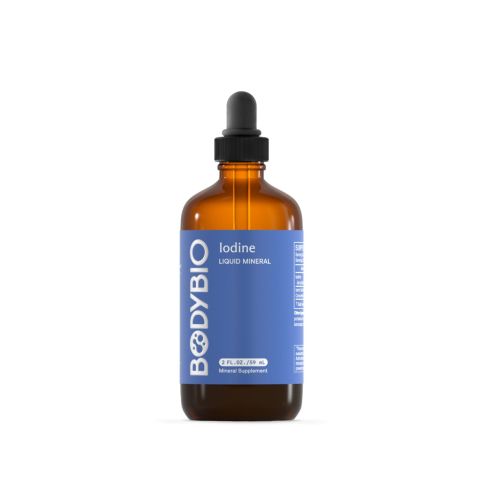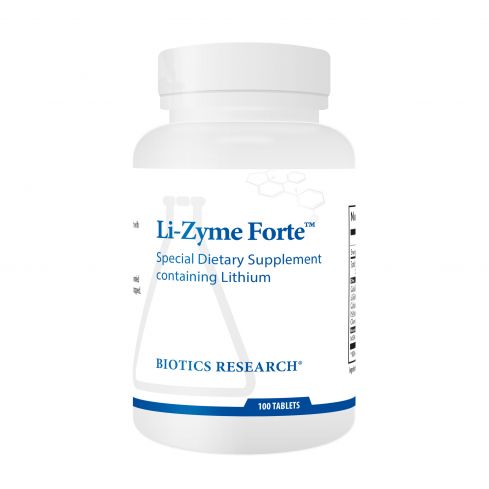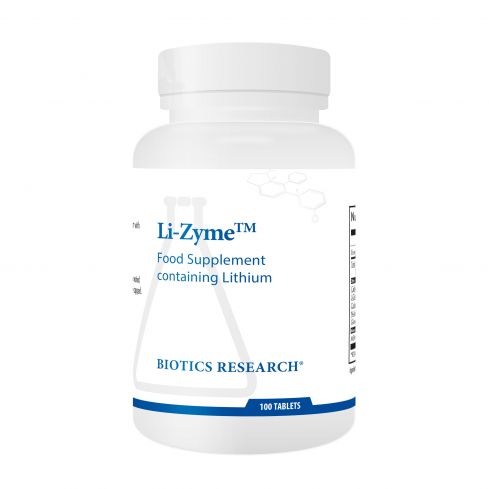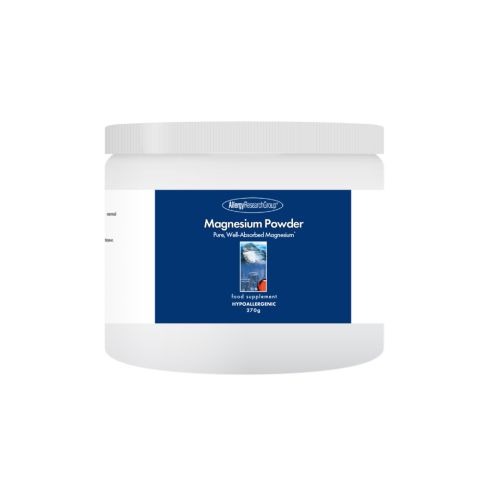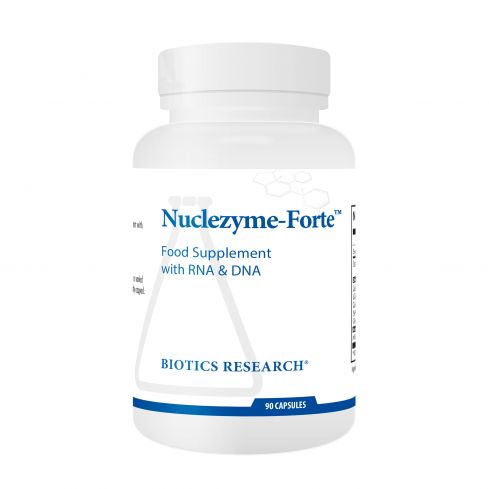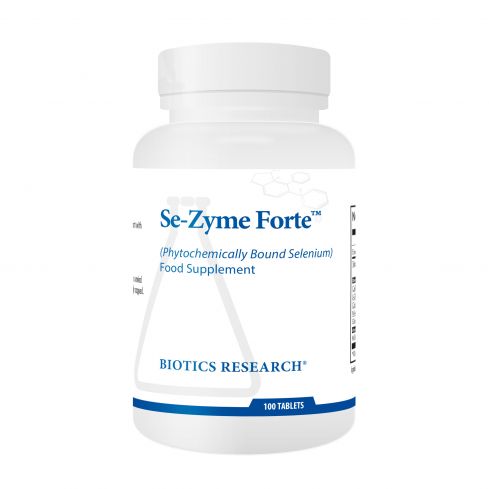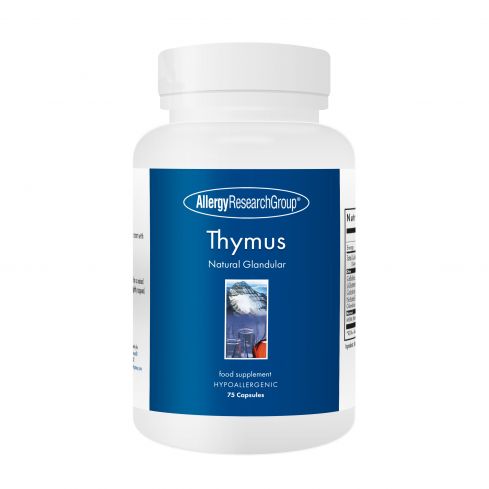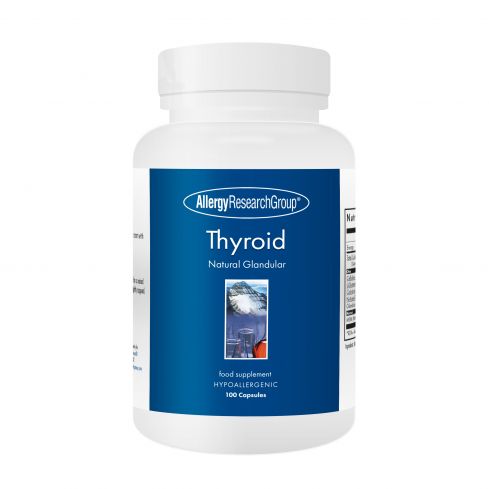- Home
- Products
- Conditions
- Thyroid Support – Hyperfunction
Thyroid Support – Hyperfunction
Hormonal or endocrine disorders, including those of the thyroid, are illnesses that occur when the body releases too many or too few hormones. Hormones are chemicals messengers that are released into the bloodstream. Hormones send messages to cells throughout the body in order to regulate bodily functions, such as growth, metabolism, and sexual development. As a result, individuals with hormonal disorders experience a disruption in such bodily functions.
Thyroid disorders are among the most common medical conditions but, because their symptoms often appear gradually over time, they are commonly misdiagnosed. There are four main types of thyroid disease: hyperthyroidism or too much thyroid hormone; hypothyroidism or too little thyroid hormone; benign (non-cancerous) thyroid disease; and thyroid cancer.
The thyroid gland is a small, butterfly-shaped gland located in the base of the neck on both sides of the lower part of the voice box (larynx) and upper part of the wind pipe (trachea). The thyroid produces hormones, called thyroxine (T4) and triiodothyronine (T3), which affect the body’s metabolism and energy level. Thyroid hormone is also produced in response to thyroid stimulating hormone (TSH, also known as thyrotropin) secreted by the pituitary gland.
Release of thyroid hormones is controlled by the hypothalamus and pituitary gland, both found deep inside the brain. One of the most important features of the endocrine system is its regulation (control) by negative feedback. This means that the glands that stimulate the release of a hormone (for example, the pituitary) from another gland (for example, the thyroid) are eventually shut off, in a sense, so that too much hormone is not produced.
Hyperthyroidism: Hyperthyroidism occurs when the thyroid gland produces too much thyroxine. As a result, the individual’s metabolism increases dramatically, leading to weight loss in some and irregular heartbeat.
Can supplements support the health of a hyperfunction thyroid?
Thyroid health is an important part of overall wellbeing, and these thyroid support products are designed to provide people suffering from a hyperactive thyroid with the necessary nutrients they need for their condition. Our supplements are designed by experts in the field and contain natural ingredients that have been found to be beneficial for those suffering from hyperthyroidism.
At Nutri-Link, we understand how difficult it can be to manage your thyroid health when you’re dealing with a hyperactive thyroid gland. That’s why we strive to make sure our supplements are of the highest quality and backed by clinical research so you can feel confident when choosing a product from our selection.
Take charge of your thyroid health today by browsing our selection of thyroid support products specifically designed for people with hyperthyroidism. With Nutri-Link, you know you’re getting the best quality supplements available on the market that will help you achieve and maintain optimal levels of well-being despite your condition.
References
- Sinclair C, Gilchrist JM, Hennessey JV, Kandula M. Muscle carnitine in hypo- and hyperthyroidism. Muscle Nerve. 2005 Sep;32(3):357-9. View Abstract
- Benvenga S, Ruggeri RM, Russo A, Lapa D, Campenni A, Trimarchi F. Usefulness of L-carnitine, a naturally occurring peripheral antagonist of thyroid hormone action, in iatrogenic hyperthyroidism: a randomized, double-blind, placebo-controlled clinical trial.J Clin Endocrinol Metab. 2001 Aug;86(8):3579-94. View Abstract
- 3 items
- 4 items
- 4 items
- 1 item
- 2 items
- 8 items
- 1 item
- 8 items
- 1 item
- 3 items
- 6 items
- 6 items
- 11 items
- 1 item
- 8 items
- 3 items
- 1 item
- 11 items
- 1 item


